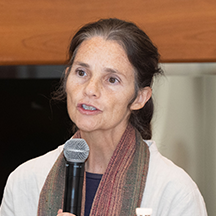Fighting poverty: innovative policy lessons from the second Arab Multidimensional Poverty Report
Poverty is a complex and multidimensional policy challenge. Understanding the interconnected causes and effects of poverty is a critical first step for policy-makers trying to improve people’s lives. This column presents an updated model for measuring deprivation levels in the Arab region, and proposes a series of policy suggestions to improve economic and social outcomes. Put simply, any reforms in the region should be based on a joined-up policy approach, built on an understanding of the interplay between different aspects of poverty and inequality.


